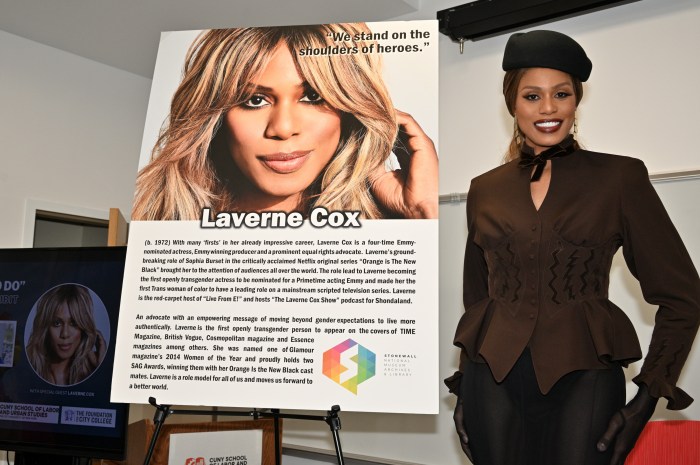Many people get a buzz from receiving lots of Facebook likes but feeling this way isn’t necessarily good for our health.
A new study by scientists at Cornell University recently published in Journal of Experimental Social Psychology, claims those who count the number of “thumbs-up” on social media are living without a sense of purpose. Researchers measured the self-esteem and sense of purpose of around 250 Facebook users from the U.S and asked the quantity of likes they usually received on posted photographs. It turned out that participants who reported getting more likes showed higher levels of self-esteem. But those with a greater level of purpose showed no change in self-esteem at all. “We found that having a sense of purpose allowed people to navigate virtual feedback with more rigidity and persistence. With a sense of purpose, they’re not so malleable to the number of likes they receive,” said Anthony Burrow, co-author of the study and assistant professor of human development. “Purposeful people noticed the positive feedback, but did not rely on it to feel good about themselves.” In the second experiment investigators asked 100 students to take a selfie and post it on social media. Then they were told how many likes the shots got. A high number of “thumbs-up” boosted self-esteem, but only in people who had less purpose. A sense of purpose has been defined by scientists as “ongoing motivation that is self-directed, oriented toward the future and beneficial to others.” However, they believe that while it is nice to receive compliments, it may not be a good thing to base one’s self-esteem on them. “Otherwise, on days when you receive few likes, you’ll feel worse. Your self-esteem would be contingent on what other people say and think,” Burrow concluded. “Over time that’s not healthy, that’s not adaptive. You want to show up with rigidity: “I know who I am and I feel good about that.”
Purposeful people do not care about likes on Facebook: Study

Flickr Creative Commons


















